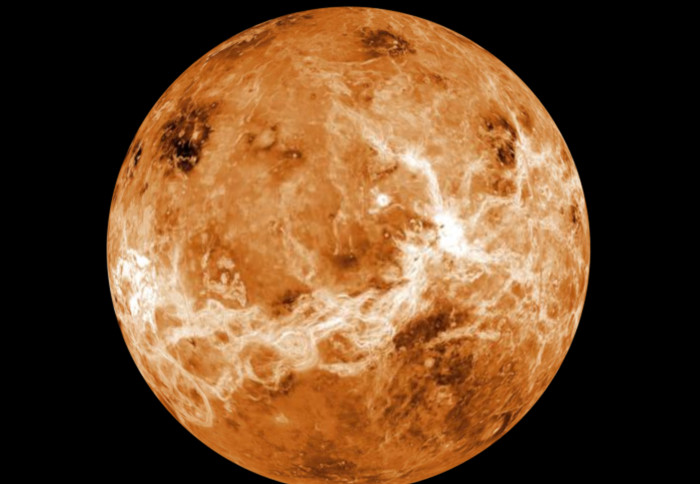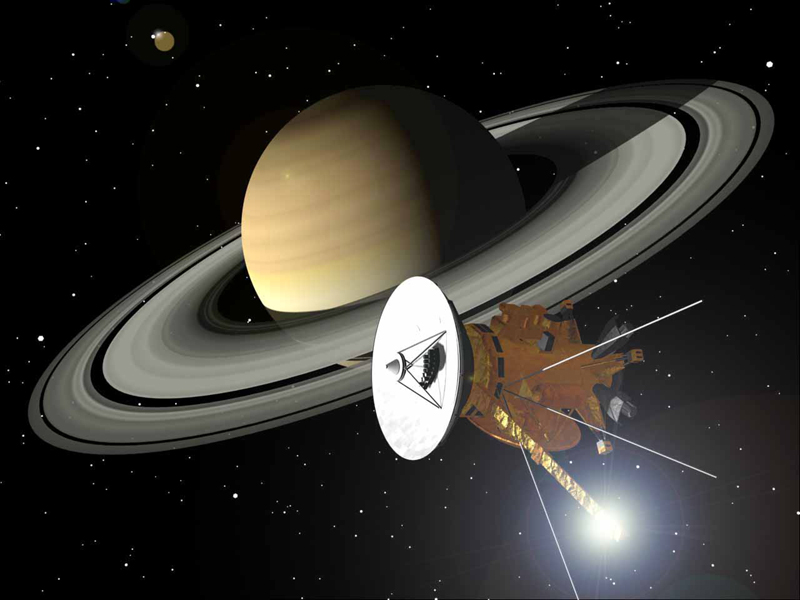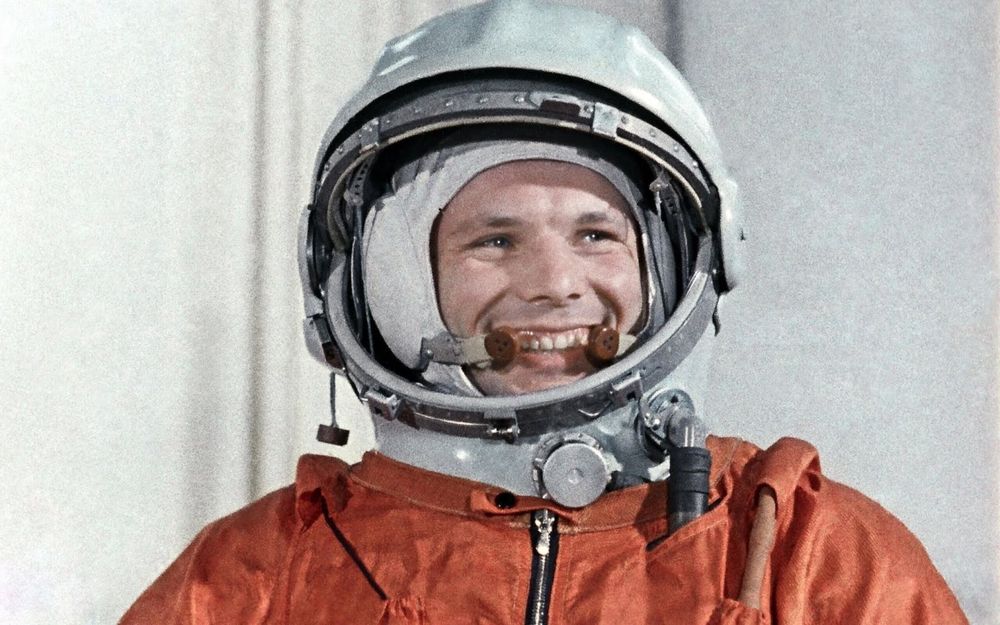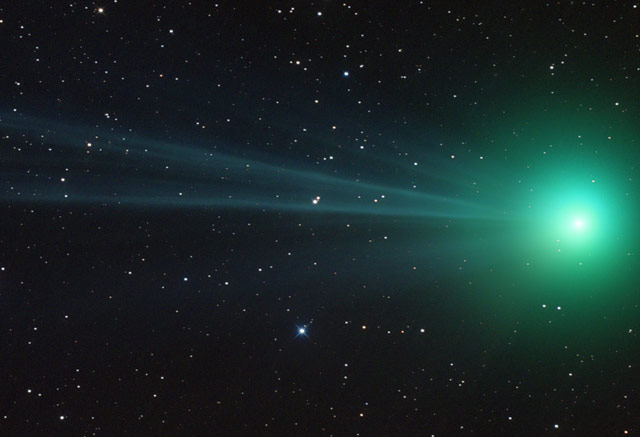Hi everybody
Here's the latest article from the Astronomy site at BellaOnline.com.
Astronomers Anonymous - book review
Here is a humorous book in the form of an advice column for distraught amateur astronomers. Some of the serious advice is good and the stories are funny, but humor is a very individual thing. It wasn't as entertaining as I'd hoped - and would authors please do the research!
http://www.bellaonline.com/articles/art182720.asp
*Happy Birthday, Copernicus*
Nicolas Copernicus was born on February 19, 1473. His astronomy work was actually only a small part of a life that was taken up with church affairs and civic affairs. To read more about his life, including the story of how his final resting place was unknown for over four centuries, see “Copernicus – His Life” http://www.bellaonline.com/articles/art40794.asp To understand why his theory was such so revolutionary, see "Copernicus – the Revolution" http://www.bellaonline.com/articles/art5685.asp
*Good news maybe?*
Yutu (Jade Rabbit) is not yet dead. The China News Agency had reported that it had not survived the lunar night after failing to shut down correctly. But now it seems that all may not yet be lost. The Xinhua news agency reported that the mechanical malfunction remains, but the space agency is communicating with the rover. Some radio amateurs confirm that they picked up Yutu's downlink transmissions last Wednesday night (February 12).
*More anniversaries*
February 18, 1930: Two weeks after his 24th birthday, American astronomer Clyde Tombaugh discovered Pluto. It was an outstanding piece of observation to find something so small and so far away. We now recognize Pluto as the first and largest Kuiper Belt object to be discovered. You can find out more about the discovery of Pluto here: http://www.bellaonline.com/articles/art45809.asp
February 20, 1962: John Glenn became the first American to orbit Earth. (Yuri Gagarin and Gherman Titov had preceded him.) Many years later he became the oldest person ever to travel into space when he flew on a space shuttle mission.
February 22, 2006: The Hubble Space Telescope confirmed the discovery of two new moons of Pluto, later named Nix and Hydra. They were first imaged in 2005, but the Hubble team wanted to confirm the discovery and try to get a good sense of their orbits.
February 23, 1987: Supernova SN1987A was discovered, the first to be visible with the unaided eye in over four hundred years.
*No gold and chondrite for Olympic winners*
On Saturday, I was expecting to see pictures of gold medallists in Sochi receiving their meteorite medals (http://www.pinterest.com/pin/250090585531967024/). February 15, 2013 was the date on which Chelyabinsk was the scene of a visit from an explosive meteor. But the Olympic Powers-That-Be didn't allow the special medals to be awarded during the games. The organizers can give the medals to the athletes when the games are finished, but they want to keep the games "free of any outside influences". I guess you can't get much farther outside than something that's come from a hundred million miles away!
To participate in online discussions, this site has a community forum all about Astronomy located here - http://forums.bellaonline.com/ubbthreads.php?ubb=postlist&Board=323
Please visit astronomy.bellaonline.com for even more great content about Astronomy.
I hope to hear from you sometime soon, either in the forum or in response to this email message. I welcome your feedback!
Do pass this message along to family and friends who might also be interested. Remember it's free and without obligation.
I wish you clear skies.
Mona Evans, Astronomy Editor
http://astronomy.bellaonline.com
One of hundreds of sites at BellaOnline.com
.
astronomy Newsletter








